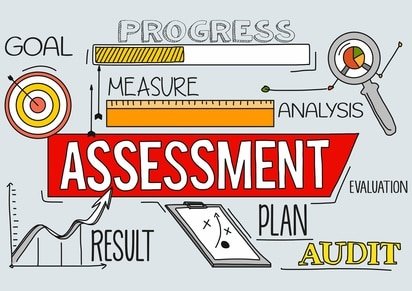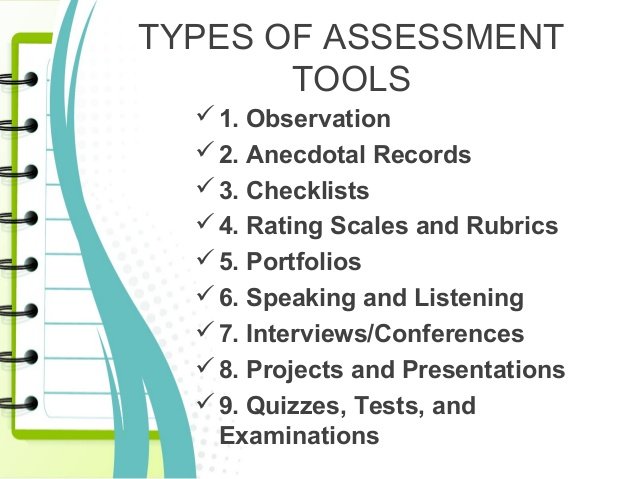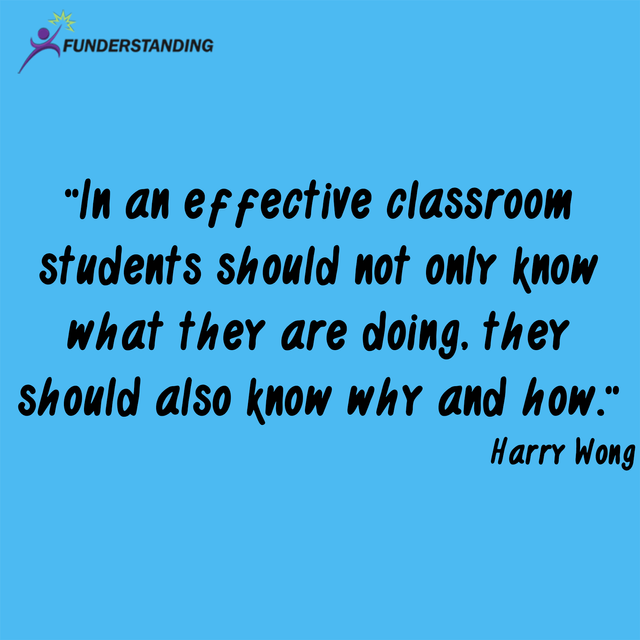Questioning teacher assessments
Teachers, like the rest of humankind, make assessments all the time. Our judgments are triggered by something which we observe and are personally colored by our backgrounds and/or experience. We seldom reflect on and analyse the snap social decisions we make because they are private and so our prejudices go unchallenged. In our professional capacities, however, it is no longer enough for teachers to ignore the fleeting observations they have always made, e.g. "So-and-so is a very restless child...or...a very quick learner...or...is becoming the class clown...or...I just knew he wouldn't be able to do it. He's messed up again."
The new mode of assessment and learning now requires teachers to make these kinds of assessment but to take them so seriously as to reflect on, interpret and validate judgments as part of understanding and facilitating learner growth and development.
The term "assessment" covers a wide range of activities such as evaluation, appraisal, investigation, or dynamic form of teaching which elucidates the strengths and/or needs of learners. Assessment is not just about testing, but tests may form a valuable addition to the process of assessment.

It is clear that all assessment has elements of measurement and evaluation but what is now emphasized is the positive aspect, namely the essential linking of a diagnostic aspect with classroom curricula and the growth and development of the learners.
Why is it done?
It is perhaps necessary to dwell on the reasons of this question more deeply. Assessment can be difficult to understand properly because it is a most complex and constantly changing field which impacts on so many areas of our lives and has such far-reaching consequences. Educational assessment has changed so dramatically in such a short time that teachers need to be very well informed about its current status and, most of all, why they are required to become the major assessors. Or course, assessment is done in the closest collaboration with parents and learners, but it is the teacher who have the responsibility of knitting it into the curriculum and using it to construct an enabling environment in the classroom.
In the first instance, assessment promotes efficient and effective teaching. If the teacher is both the planner and the classroom manager, then the criteria for the outcome of learning in any one area (and for all the critical outcomes) are clear and the learning programme is geared to guide learners in the most productive ways. By the same token,
assessment is used to gather important, relevant information to serve as
“markers” or milestones in decision-making about facilitation of learning in the classroom;
Source
for example:
- Does this learner need more practice in this area?
- Can this learner now jump up to the next slot?
- Can this learner start something new?
Educational assessment is exactly that.

Who for? By whom?
Classroom assessment provide the teachers with feedback on their teaching and professionalism. They soon understand that assessing the achievement of the learners also assesses their own accountability but it also provides parents with information about their child's progress. However, family generations have been used to the old, rigid hierarchical placements, the quantitative scoring, that, if not carefully explained, some parents may have difficulty appreciating the new system of assessment which does not compare the results of one student to those of the rest of the class. It may become necessary to produce tangible examples of a learner's growth in knowledge and skills (perhaps showing work from a portfolio) to help parents understand the new directions taken in the field of assessment.
For the peer group, the assessment process is a crucial element of their education and training as rational, critical persons. Making assessments is an ideal way of learning how to, and how not to, embark on the set tasks. Learning from the mistakes or successes of one's peers, indulging in fierce debate and discussion, is a highly effective way of acquiring or imparting knowledge, sharing skills and testing out one's system of values.

Resource:
Assessment for learning
Teacher evaluation
Assessments and classroom learning
Perspectives on assessment
